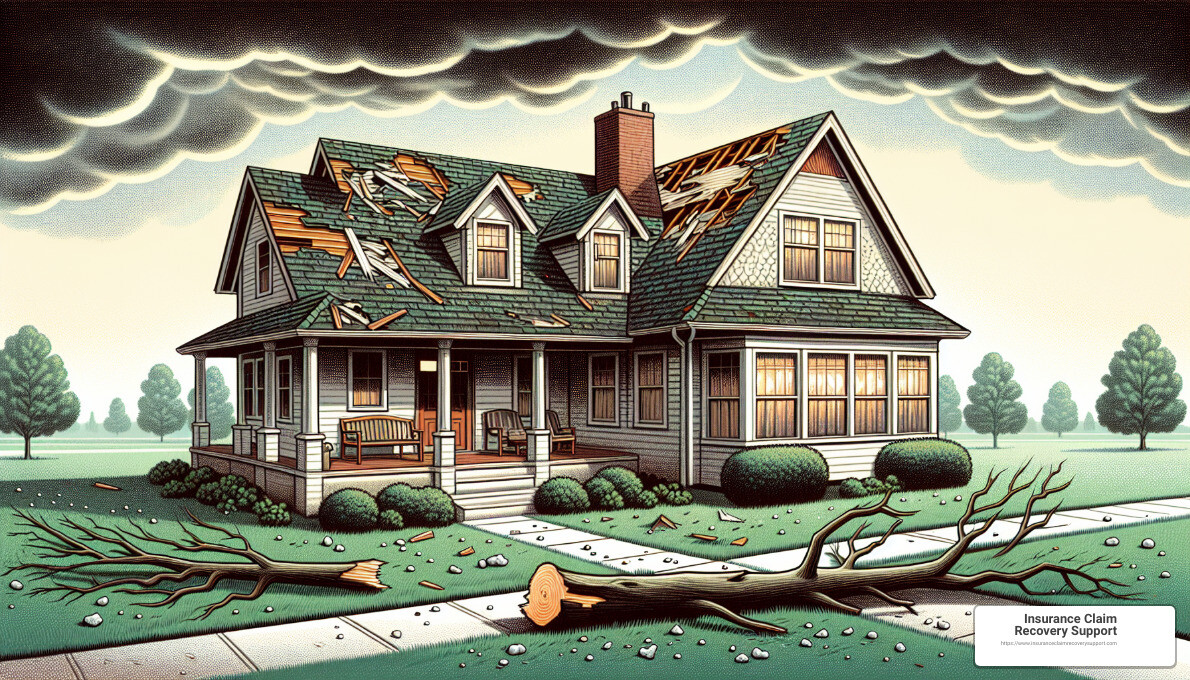Insurance Companies Boost Their Profits by Low-Balling Consumers
WASHINGTON — Unlike many other businesses, the insurance industry is bound by law to act in good faith with its customers. Because of their protective role in the lives of ordinary citizens, insurers have long operated as semi-public trusts. But since the mid-1990s, a new profit-hungry model, combined with weak regulation, has upended that ancient social contract.
“Claims has been converted into a money-making process,” said Russ Roberts, a New Mexico-based management consultant and former business professor at Northwestern University who has studied the insurance industry’s evolution from a service business to a profit-driven machine.
The change started when consulting giant McKinsey & Company sold Allstate and other leading insurance companies on a new system to boost the bottom line: Rather than adjusting claims the traditional way, which gave claims managers wide latitude to serve customers, insurers embraced a computer-driven method that produced purposefully low offers to claimants.
Those who took the low-ball offers received prompt service, while those who didn’t had their claims delayed and potentially were reduced to bringing expensive lawsuits to fight for their benefits. As former Allstate agent Shannon Kmatz told the American Association for Justice, the trial lawyers’ lobby, the strategy was to make claims “so expensive and so time-consuming that lawyers would start refusing to help clients.” The strategy was dubbed “Good Hands or Boxing Gloves” by the consultants, riffing on Allstate’s advertising slogan.
McKinsey’s strategy put profits above all. One slide in the McKinsey presentation illustrated this philosophy by painting the insurance business as a zero-sum game: “Improving Allstate’s casualty economics will have a negative economic impact on some medical providers, plaintiff attorneys, and claimants. … Allstate gains — others must lose.” Allstate has certainly gained: It made $4.6 billion in profits in 2007, double its earnings in the 1990s. The stunning increase, said Russ Roberts, came through “driving down loss values to an average of 30 percent below the actual market cost” — that is, paying dramatically less on claims.
Read Entire Article
Did your insurance company give you a low-ball offer on a property damage claim? Whether you filed for a business interruption loss, a fire damage loss, or more, ICRS will help you get the settlement you’re owed.’
Thinking about filing a bad faith claim with your insurance company? Read more below!
Insurance Claim Damage Appraisal, Breach of Contract and Bad Faith: Is There a Connection?








